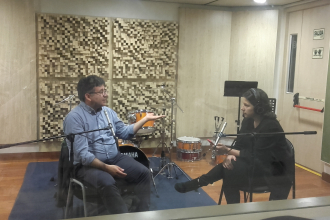Spillover from marine protected areas on the pacific coast in Colombia: A bioeconomic modelling approach for shrimp fisheries
Marine protected areas are currently recognized as an alternative for the conservation of marine ecosystems. Although the protection reduces the area available for fishing, it has been argued that the spillover effect can increase resources in the adjoining areas. The purpose of this study is to calculate the value of the provision of fishing resources resulting from an increase in the system of marine protected areas in Colombia.
